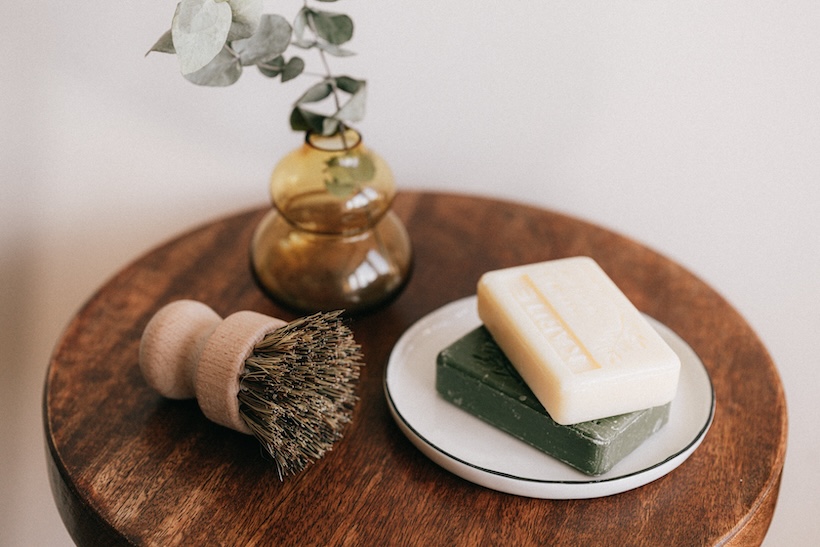5 Eco-Friendly Alternatives to Everyday Household Products

In a world becoming increasingly conscious of its environmental footprint, the quest for sustainable living is no longer a fringe movement but a necessary, mainstream endeavor. As consumers, we wield immense power through the choices we make daily, particularly when it comes to the products we bring into our homes. While it can seem daunting to swap traditional household products for their eco-friendly counterparts, switching to more sustainable alternatives can be as easy as identifying the difference between bunion and corn. This blog post highlights 5 eco-friendly alternatives to common household items that can reduce environmental impact and lead to healthier living spaces so you can reduce your carbon footprint and prioritize the health of the planet with ease.
1. Bamboo Toothbrushes Instead of Plastic Ones
The Issue:
Every year, billions of plastic toothbrushes are thrown away, unable to decompose, thus polluting landfills and oceans.
Eco-Friendly Alternative:
Bamboo toothbrushes offer an excellent biodegradable solution. Bamboo, a fast-growing renewable resource, also naturally possesses antimicrobial properties, which can help maintain brush cleanliness.
2. Reusable Beeswax Wraps Over Plastic Wrap
The Issue:
Plastic wrap is a one-time-use product that isn’t recyclable and can leach harmful chemicals into our food and environment.
Eco-Friendly Alternative:
Beeswax wraps are an all-natural, reusable alternative. Made from cotton soaked in beeswax, these wraps mold to the shape of your food or containers with the warmth of your hands.
3. Concentrated Cleaning Tablets Instead of Traditional Sprays
The Issue:
Standard cleaning products are often packaged in single-use plastic and contain a high percentage of water, contributing to increased carbon emissions during transport.
Eco-Friendly Alternative:
Concentrated cleaning tablets can be dissolved in water inside a reusable bottle. This approach reduces plastic waste and the carbon footprint associated with shipping water weight.
4. Cloth Napkins Versus Paper Napkins
The Issue:
The production of paper napkins involves high water and resource consumption, and they contribute significantly to waste.
Eco-Friendly Alternative:
Cloth napkins are a durable, reusable choice. Aside from diminishing waste, they add a touch of elegance to any dining experience and can be more cost-effective over time.
5. Laundry Balls as a Substitute for Detergent Pods
The Issue:
Laundry detergent pods often come in excessive packaging and can contain chemicals that are not eco-friendly.
Eco-Friendly Alternative:
Laundry balls can be used for hundreds of washes, with some options using bioceramic technology to clean effectively without harsh chemicals.

